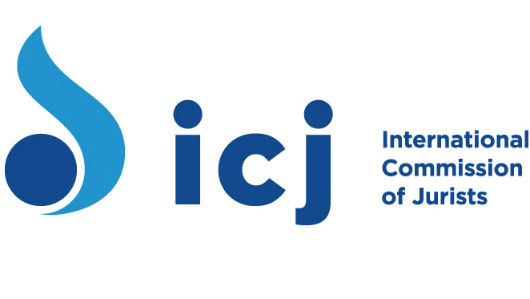International Commission of Jurists calls for Judge Nihan’s immediate release
The government has “dealt another blow to the independence of the judiciary and the rule of law” with the judge’s arrest, said ICJ’s Asia Director Sam Zarifi. The senior judge of the Maamigili magistrate court is accused of forging a warrant to arrest President Abdulla Yameen on corruption charges.

10 Feb 2016, 09:00
The International Commission of Jurists has condemned the detention of Judge Ahmed Nihan on charges of forging a warrant for the arrest of President Abdulla Yameen.
The senior judge of the Alif Dhaal Maamigili magistrate court was arrested with former Prosecutor General Muhthaz Muhsin on Sunday night. The High Court placed the judge in police custody for a week.
The government has “dealt another blow to the independence of the judiciary and the rule of law” with the judge’s arrest, said ICJ’s Asia Director Sam Zarifi.
It is also “another step down in the country’s downward spiral away from democracy and stability, and is squarely at odds with the Maldives’ international obligations,” he added.
Become a member
Get full access to our archive and personalise your experience.
Already a member?
Discussion
No comments yet. Be the first to share your thoughts!
No comments yet. Be the first to join the conversation!
Join the Conversation
Sign in to share your thoughts under an alias and take part in the discussion. Independent journalism thrives on open, respectful debate — your voice matters.




